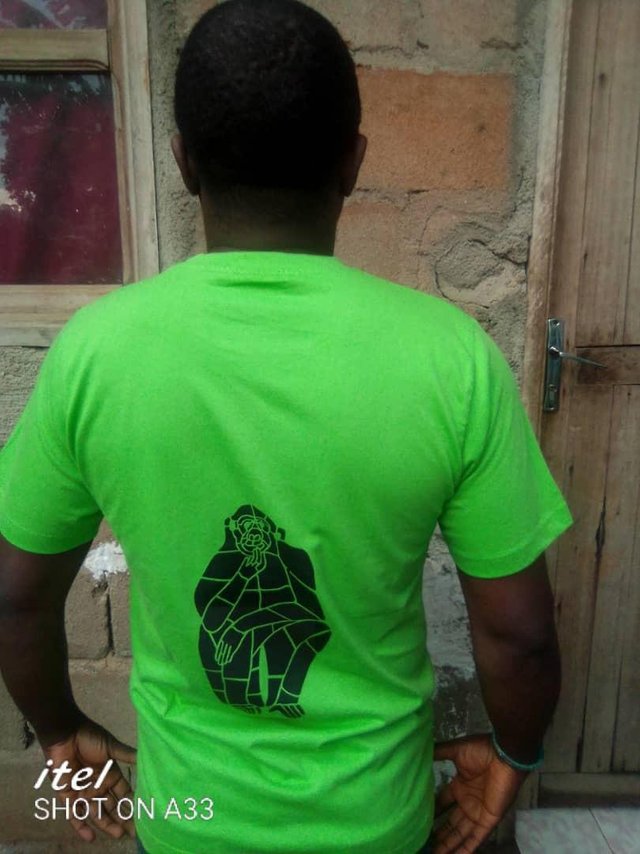MANUAL PRINTS
The art of inscribing characters, letters and objects on surfaces have been a life-skill long in history. During the early and ancient civilisations like in Egypt, Rome and Greece, this art was very magnificent. Egyptians for example carved out object on hard surfaces. This was their writing (hieroglyphics) on tablets.(papyrus)

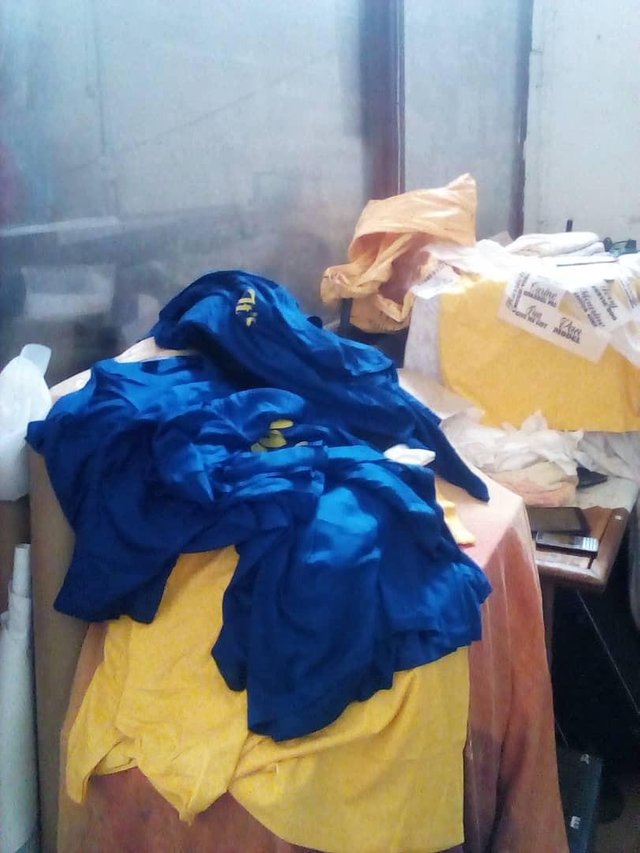

This printing act became a great invention during the period of the rebirth of learning (renaissance) inn Western Europe with John Guttenberg as the father of this act. Prints on fabrics modify the fabric and cause attention to on-lookers.
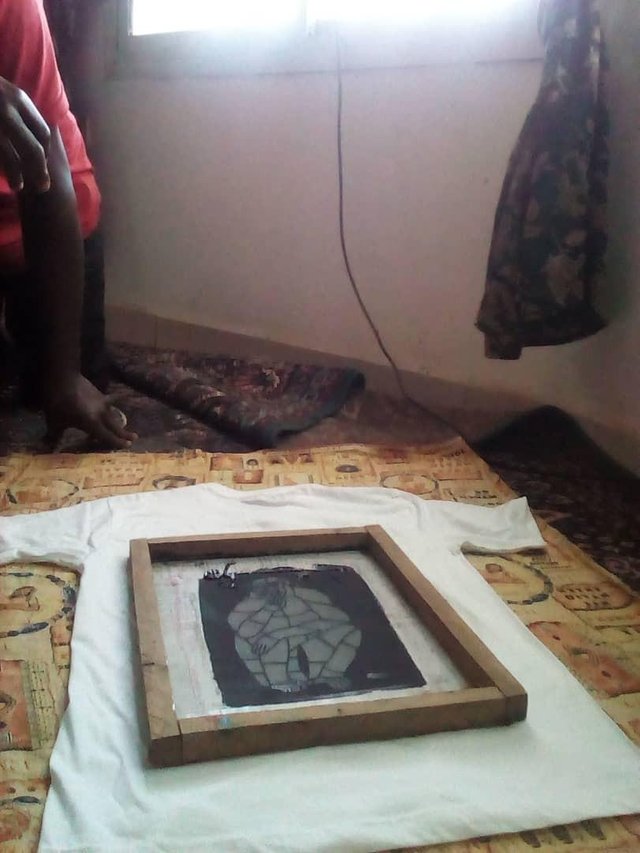
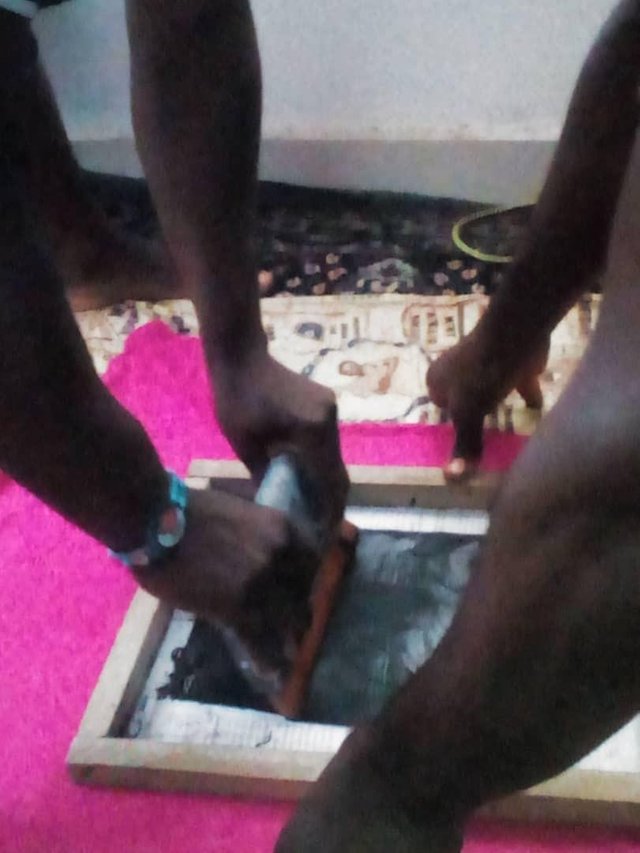
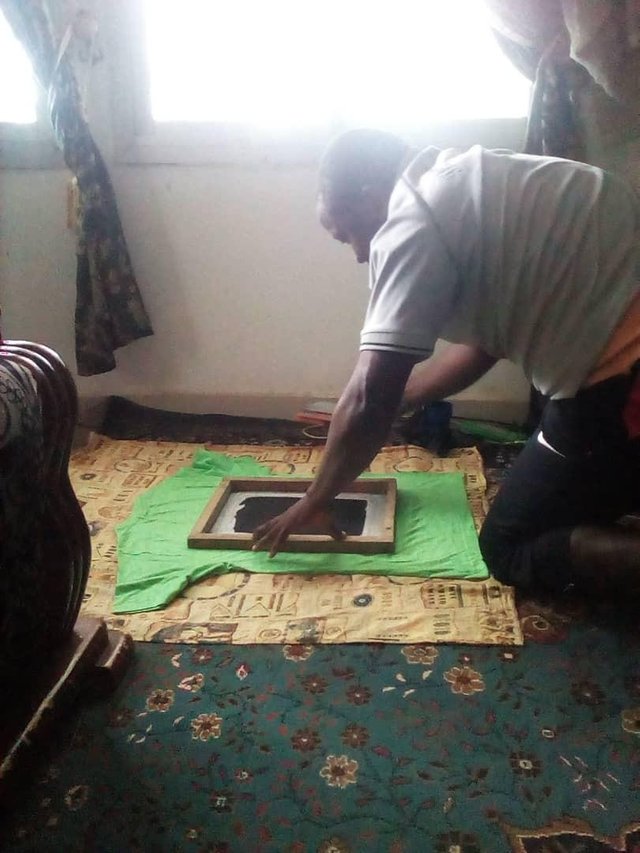
Young people of the world of today like to carry on names, slogans, icons and other objects of interest to them on their dresses. This explain the reason why in their struggle to find such ready-made dress carrying these inscription. They most often hardly have satisfactory fabrics and this brings the place of planes materials/dresses and fabrics for specials prints.
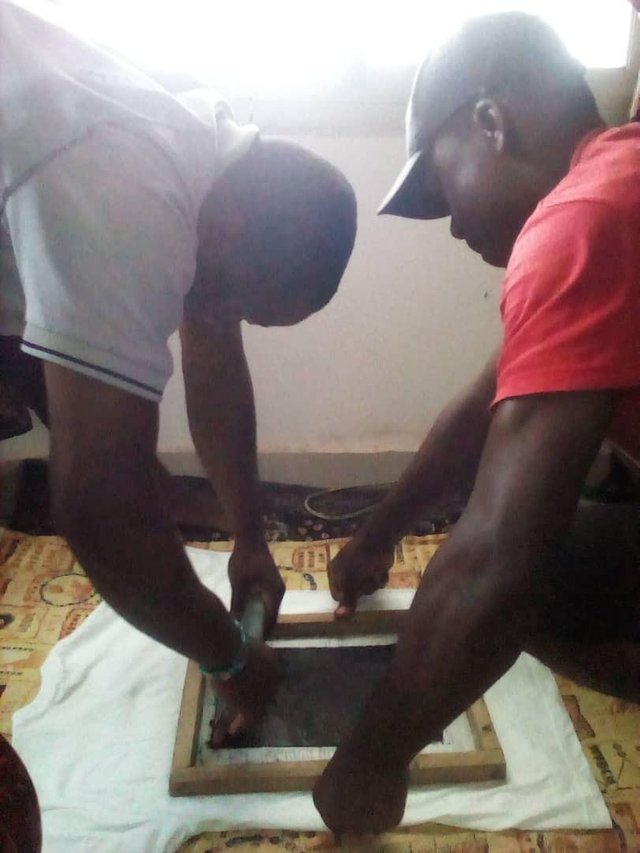

Manual prints go with free hand drawing from which stencils we prepared on papers cut out with shard objects like razor blades. Printing ink, net are manually used on plane material to produce desired objects and slogans.
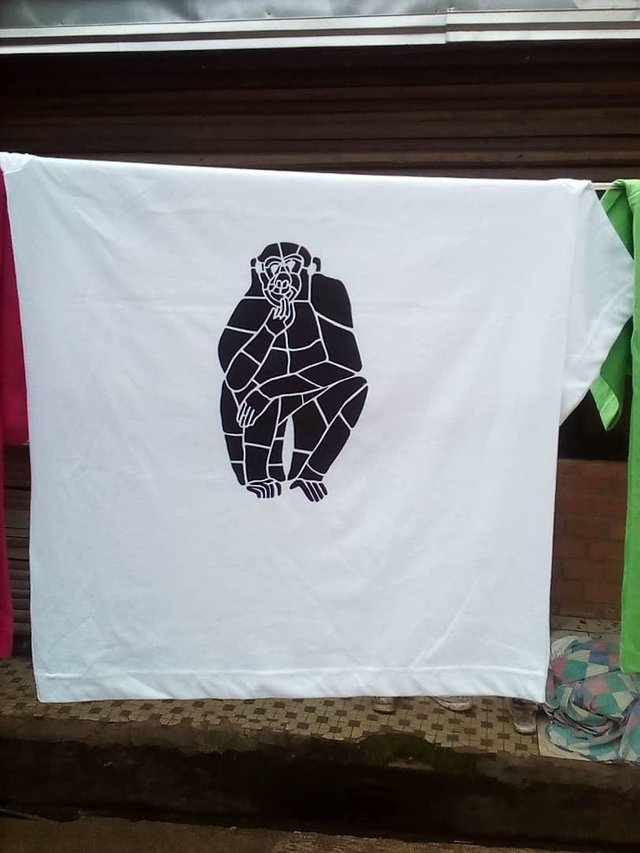
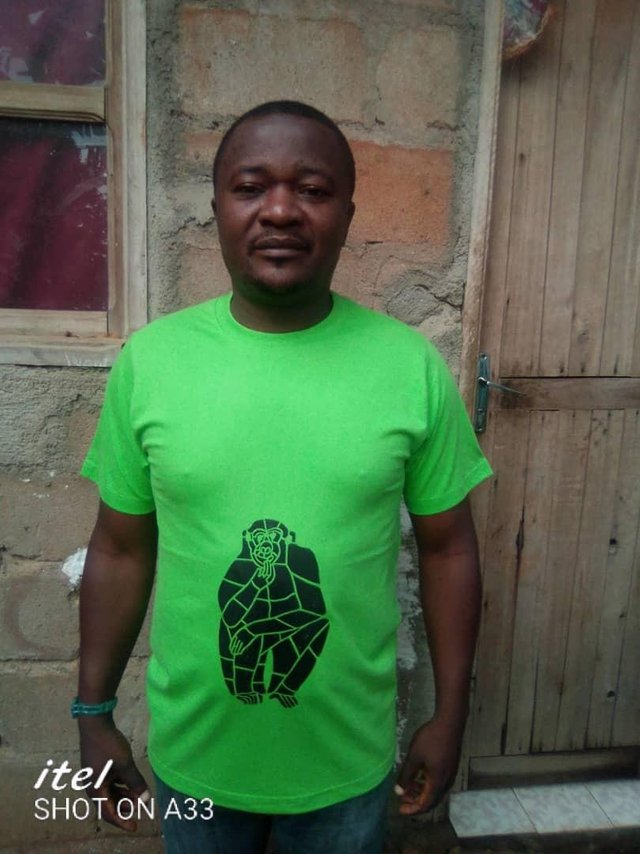
This is a good skill to master in enclave and remote areas as demand for such services frequently crop up from the area of sports for printing of numbers/names on jerseys, funeral, t-shirts and other social group that uniformly appear in public settings.
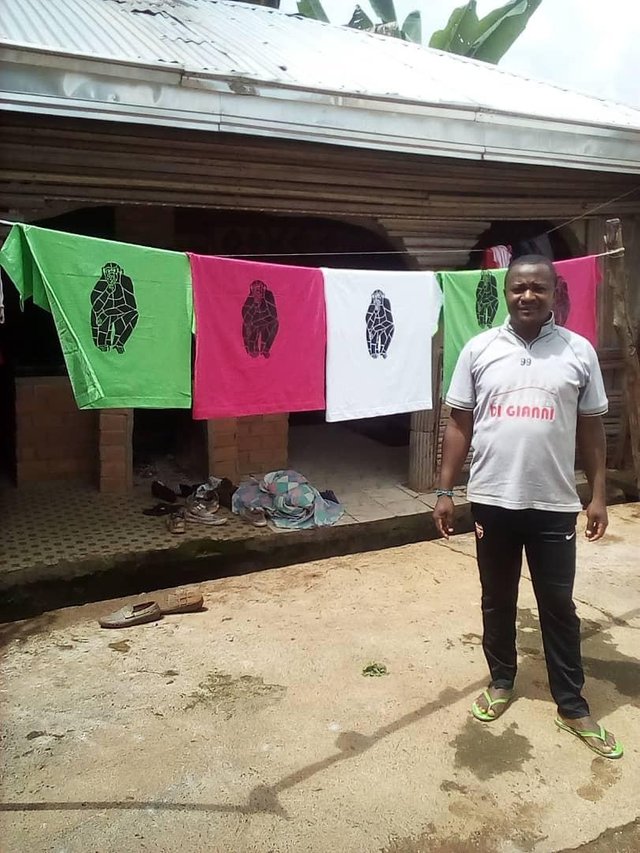
The initiative in the Ministry of Basic Education to institute competition inn arts/crafts from classroom level, school, inter schools, sub divisional level to the national level for more than a decade today is partly the source of my impetus to this activity which pupils always experience with excitement when practically demonstrated through its various stages.

